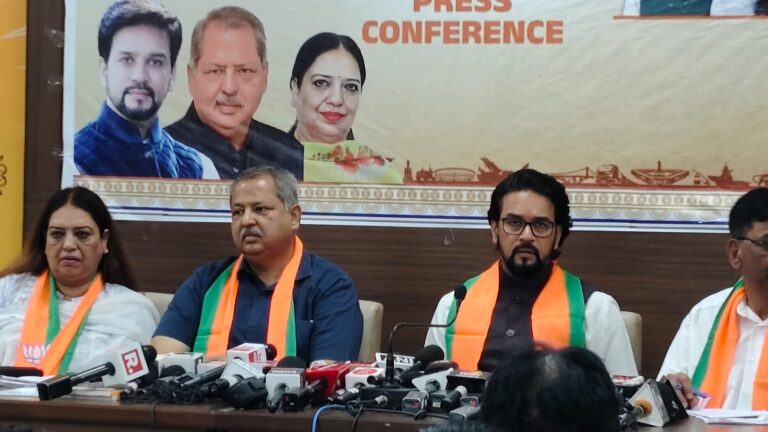
Mississippi Elections: Navigating the Political Landscape
Mississippi, a state steeped in rich history and cultural traditions, is also a dynamic political arena where elections hold significant influence. The state’s political landscape is shaped by a complex interplay of factors, including its predominantly conservative leanings, the influence of social and religious values, and the role of race in shaping political discourse.
Mississippi’s Electoral System
Mississippi’s electoral system follows the general structure of the United States’ electoral system. The state elects its governor, lieutenant governor, secretary of state, attorney general, auditor, treasurer, and insurance commissioner. Additionally, Mississippi elects all 122 members of its House of Representatives and 52 members of its Senate.
The state’s elections are typically conducted on a two-party basis, with the Democratic and Republican parties being the dominant forces. However, in recent years, independent and third-party candidates have also gained traction, particularly in local races.
Key Issues in Mississippi Elections
Several key issues consistently shape the political discourse in Mississippi. These include:
- Economic development: Mississippi has historically faced economic challenges, and efforts to attract businesses and stimulate economic growth are a top priority for many candidates.
- Education: Education reform is another critical issue in Mississippi, with debates centering on improving school funding, teacher quality, and student outcomes.
- Healthcare: Access to affordable healthcare remains a significant concern for many Mississippians, and candidates often propose policies aimed at expanding healthcare coverage and reducing costs.
- Social issues: Social issues such as abortion, gun rights, and same-sex marriage continue to be debated in Mississippi, and candidates’ stances on these issues can significantly influence voter decisions.
The Role of Race in Mississippi Elections
Race has played a profound role in shaping Mississippi’s political history, and its influence remains evident in contemporary elections. The state’s demographics, with a majority Black population, have impacted the distribution of voting power and the representation of minority groups in elected office.
In recent years, there has been a growing effort to increase voter registration and participation among minority communities, and this trend is likely to continue to shape the dynamics of Mississippi elections.
Mississippi elections offer a glimpse into the state’s complex political landscape, where a range of factors, including party affiliation, social values, and economic concerns, influence voter decisions. As the state continues to evolve, its elections will remain a crucial platform for shaping its future.







